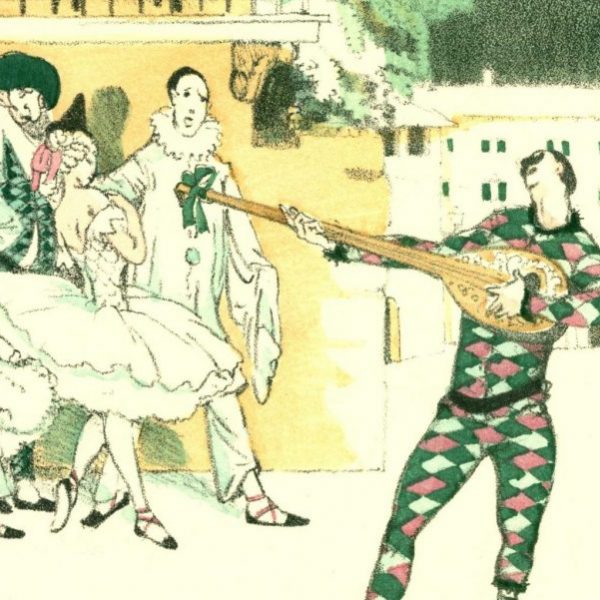Karl Kraus: Apocalyptic Satirist
“The secret of the demagogue is to make himself as stupid as his audience so that they believe they are as clever as he.” – Karl Kraus
 If you’ve never heard of Karl Kraus, the Austrian satirist who inflicted withering and witty critiques on the mass media, the military-industrial complex, and German culture in the early decades of the last century, get in line. “For years, Kraus’s work gathered dust, and he is now all but unknown in America,” laments Jack Willoughby in Barron’s. “Very little of his work has been translated into English because of the complexity of his rich German prose. But he is undergoing something of a renaissance, thanks in no small part to [Edward] Timms,” author of the massively erudite two-volume biography, Karl Kraus: Apocalyptic Satirist.
If you’ve never heard of Karl Kraus, the Austrian satirist who inflicted withering and witty critiques on the mass media, the military-industrial complex, and German culture in the early decades of the last century, get in line. “For years, Kraus’s work gathered dust, and he is now all but unknown in America,” laments Jack Willoughby in Barron’s. “Very little of his work has been translated into English because of the complexity of his rich German prose. But he is undergoing something of a renaissance, thanks in no small part to [Edward] Timms,” author of the massively erudite two-volume biography, Karl Kraus: Apocalyptic Satirist.
The second volume of the biography, subtitled The Postwar Crisis and the Rise of the Swastika, takes up Kraus’s story in November 1918, when the satirist responded to the creation of the new republics with a defiant hope, invoking international law against the dual threat of reactionary politics and irresponsible media. Timms refutes the legend that Kraus responded with stunned silence to Hitler’s seizer of power: His career culminated in Third Walpurgis Night, a harsh polemic of Nazi ideology that has proved enduringly influential. He concludes that Kraus’s lifelong critique of the media, combining Orwellian political radicalism with Joycian linguistic playfulness, incisively anticipates the propaganda techniques of our own age.
In the Summer issue of BookForum, Marjorie Perloff calls Timms’ two-volume biography of Kraus “a richly documented account of Kraus’s brilliant and merciless exposure of political spin and moral hypocrisy in the early twentieth century; it provides, moreover, extraordinarily detailed information about the cultural and political life of modern Vienna.”

























